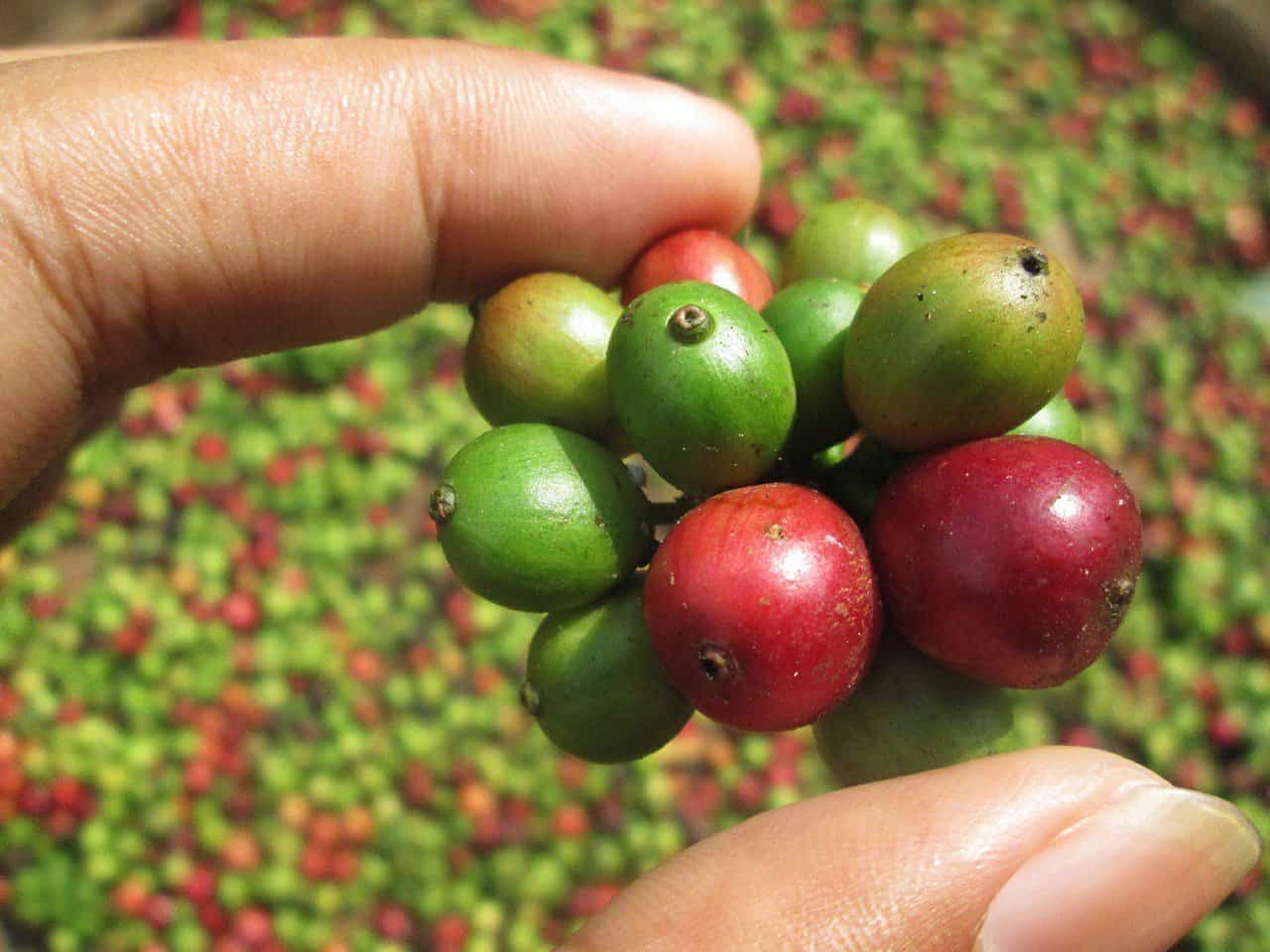For over eight years, Tropical Forestry Professor Victor Hugo Morales has spearheaded a groundbreaking research project exploring the cultivation of Arabica coffee in Costa Rica’s non-traditional low-altitude regions, including the Caribbean. The project evaluates the interplay between tree species and fertilization techniques to ensure high-quality coffee production under changing climatic conditions.
The findings, published in the scientific journal Agriculture by MDPI, reveal that coffee cultivation in unconventional areas can uphold Costa Rica’s renowned coffee standards, presenting a promising adaptation strategy amid climate change. Coffee production, a cornerstone of Costa Rica’s economy and that of many Latin American and African nations, is under increasing threat from global warming. Rising temperatures are progressively encroaching on the high-altitude zones traditionally used for coffee farming.
“This project demonstrates that lowland coffee farming can sustain Costa Rica’s signature coffee quality, especially when genetically enhanced coffee hybrids are cultivated alongside forest species with optimized fertilization,” Morales stated.
The Power of Shade
The study highlights significant benefits of growing coffee under shade trees. Coffee plants in shaded environments displayed greater height, lower mortality rates, and higher yields of ripe fruit compared to plants grown in full sunlight.
Notably, coffee plantations integrating Espavel-Poró and Guapinol-Poró tree combinations achieved the highest productivity, yielding up to 3.35 tons of ripe fruit per hectare. This surpasses the 2023 yield averages reported by the Costa Rican Coffee Institute (ICAFE) for traditional coffee-producing regions like Pérez Zeledón and Coto Brus.
The research emphasizes that the synergy of tree-provided shade and rational fertilization techniques creates optimal conditions for coffee production in warm, low-altitude areas, making this an economically viable option for growers.
Reviving Historic Coffee Regions
One of the study’s most exciting implications is the potential to reactivate historic coffee-growing areas, such as the Huetar Caribe region, where coffee cultivation ceased over 20 years ago. Revitalizing these areas could bring economic growth to marginalized communities and regions where subsistence farming predominates.
“After more than eight years observing the benefits of coffee hybrids, we are eager to share these insights with producers to enhance profitability and ensure the long-term sustainability of Costa Rica’s coffee industry,” the researchers noted. “These efforts could have a profound impact on local communities.”
What’s Next?
The next phase of this transformative research will focus on assessing coffee production at an agricultural cluster level. These findings will inform innovative strategies for profitability tailored to the unique conditions of the Costa Rican Caribbean.
As Costa Rica navigates the challenges of a changing climate, this study offers a beacon of hope for the future of its coffee industry, blending tradition with innovation to secure its place in global coffee production.






